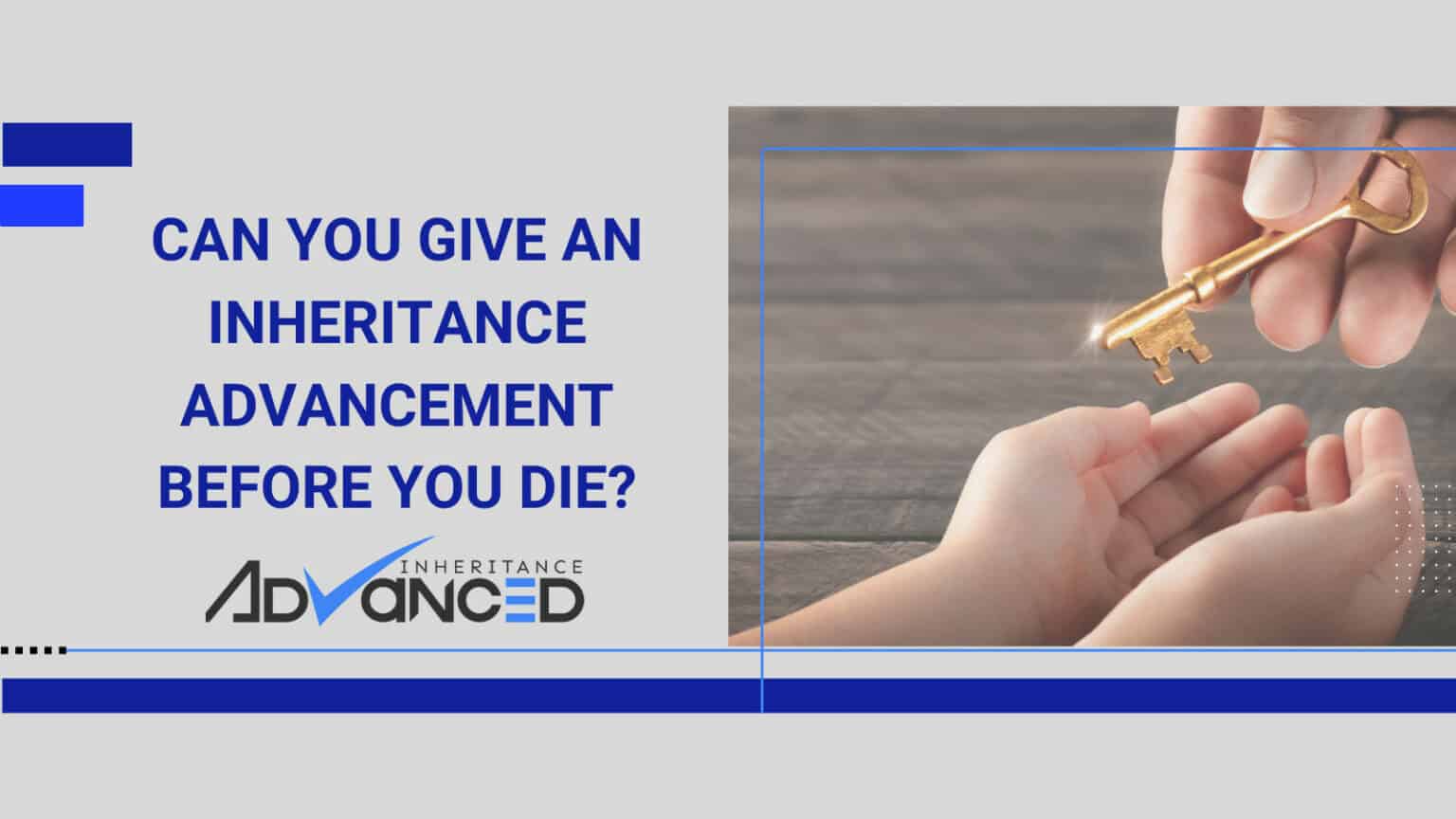Inheritance is a process that can be both emotionally and legally complex. When it comes to leaving an inheritance for minors, the intricacies increase further. This comprehensive guide will provide you with pertinent information on inheritance advance for minors, explaining the legal aspects, requirements, and alternatives available.
1. Minors as Beneficiaries
Minors can be beneficiaries of an inheritance, but they cannot legally own property until they come of age. The age of majority varies across jurisdictions but is usually 18 or 21 years old. When a minor is named as a beneficiary, several factors come into play, including the nature of the bequest, state laws, and the value of the inheritance.
Direct Gifts to Minors
When property is left directly to a minor beneficiary, such as through joint ownership of property, payable-on-death accounts, or testamentary dispositions, the minor will not have the legal authority to take control of the property due to their age. State law determines who should receive the decedent’s estate and in what measures.
Inheritance through Wills, Intestate Estates, and Trusts
Inheritances received via a last will and testament or from an intestate estate (when the deceased died without a will) are subject to state law. The estate will usually go to the closest kin, with more distant relatives inheriting the property if there is no spouse or children. The distribution of a minor’s inheritance in these cases depends on the laws of the state where the minor lives and the value of the bequest.
2. UTMA, UGMA, and 529 Accounts
If the value of the property left to the minor is not significant (usually $20,000 or less), state law may allow an interested adult, such as a parent or grandparent, to request that the minor’s inheritance be placed in an account established under the state’s Uniform Transfers to Minors Act (UTMA) or Uniform Gifts to Minors Act (UGMA).
These accounts can hold the funds for the child until they reach the age of majority, which is 18 in most states, but sometimes 21. Some states also allow an interested adult to request that the property be placed in a 529 account, a tax-advantaged savings plan for future college costs or private school tuition.
In some states, a parent can personally assume management of small amounts (such as gifts of $5,000 or less) on behalf of their minor child without using a specialized UTMA, UGMA, or 529 account.

3. Conservatorships for Minors as Beneficiaries
If the asset value left to a minor is more than can be placed in a UTMA, UGMA, or a 529 account, or if the laws of the state where the minor lives do not authorize these types of accounts for inherited assets, a court-supervised conservatorship must be established for the benefit of the minor.
The court-appointed personal representative or executor of the estate will file a petition requesting that a conservator be appointed on behalf of the minor to manage the inheritance. If there is no probate estate, an interested adult can file the petition.
A judge will then decide who to appoint as the minor’s conservator after hearing testimony from all interested parties. In most cases, the child’s parent is chosen to be conservator unless both parents are deceased or otherwise determined to be inappropriate or incapable of performing the duty.
The appointed conservator will manage and control the minor’s inheritance until the minor becomes an adult. Parents leaving inheritances to their minor children can avoid difficulties by naming a conservator in their estate plans.
4. Maturity and Inheritance Management
Even if a child reaches the legal age to be a beneficiary, they may not have the maturity to manage a large amount of money. This is why many parents establish trusts in their estate planning, controlling the distribution of funds until the child reaches a certain age or meets specific criteria. For instance, children with addiction issues that might lead to reckless spending are also candidates for this type of plan.
5. Frequently Asked Questions (FAQs)
How old does a beneficiary have to be?
There are no age restrictions for leaving an inheritance. However, a minor beneficiary may not have immediate access to property upon your death, but they will own it once they reach the age of majority.
Can a parent spend a child’s inheritance?
Parents are not required to leave an inheritance to their children. If a parent chooses to leave an inheritance, they can also revoke that inheritance and spend the money as they please.
6. Communicate with Your Children
Open communication is essential in managing expectations for inheritance. A survey from Fidelity Investments showed that adult children underestimated the value of their parents’ estates by an average of $100,000. While it is not necessary to disclose every detail of your financial life, providing your children with a basic sense of your financial standing and the potential inheritance will help them prepare for the future.
7. Treat Your Children Equally
To minimize potential conflicts, it is advised to treat your children as equally as possible when it comes to inheritance distribution. This applies to both assets and responsibilities for settling your affairs. Involving all capable children in the process, even in small roles, can help maintain harmony among siblings.
8. Preplanning for Inheritance
Preplanning for inheritance is always the best option. It allows for minimal administrative costs, maximum growth opportunities, and control over the distribution of assets. Utilizing tools such as wills, trusts, and carefully crafted beneficiary designations can help prevent complications and ensure a smooth transition of wealth.
9. Court Involvement in Inheritance Distribution
If preplanning is not done, the court has a mechanism for handling children receiving an inheritance. This process often involves court oversight, bonding fees, inventory filings, annual account fees, and tedious annual audits. While it is an option, many people prefer to avoid this process due to its costs and loss of control.
10. Alternatives to Court-Monitored Guardianship
There are several alternatives to court-monitored guardianship for minors receiving an inheritance, including:
- Year’s Allowance Due to a Child
- Payment to the Clerk of Superior Court
- Uniform Transfers to Minors Act (UTMA)
- Distribution to a Parent or Guardian
- Clerk Administration of $50,000 or Less
Each option has its advantages and disadvantages, depending on the amount of money involved, the duration of time the funds need to be held, and the level of control desired by the family.
Consult with an Estate Planning Attorney
Whether you are preplanning or handling a child’s inheritance after the fact, consulting with an estate planning attorney at Inheritance Advance can be advantageous in exploring the available options and determining the best course of action for your specific situation.









